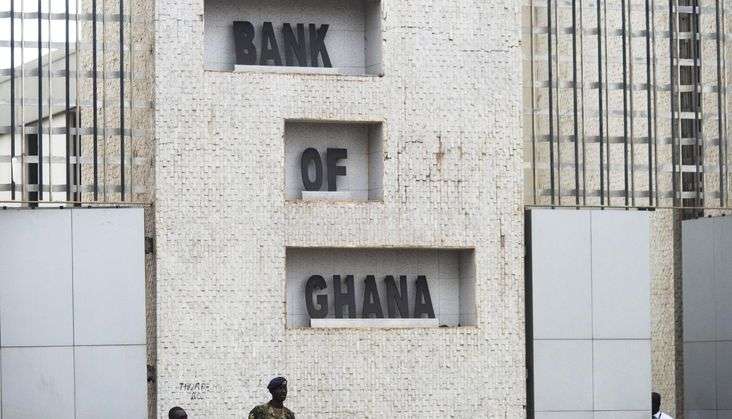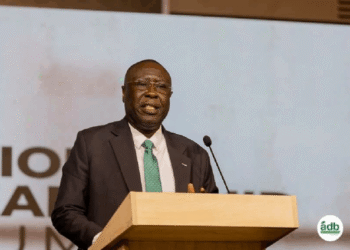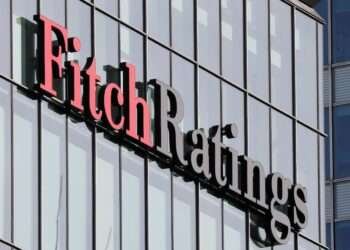The Center for Economics, Finance, and Inequality Studies (CEFIS), a not-for-profit research center, has called for the reevaluation of the current forex auction strategy by the Bank of Ghana.
The auction strategy is deemed poor and ineffective by the policy think-tank, necessitating the need for a new one.
The Center urged the Bank of Ghana to supply sufficient forex to meet the demand for the dollar, claiming that the present forex auction process is failing to meet market demand.
“This view of inadequate supply of forex is gleaned from the wide disparity that exists between Bank of Ghana’s forex quote and the interbank quotes. The similar disparities in quotes among banks at the retail level also indicate the inadequate supply of forex on the market.”
CEFIS
In the medium term, the Center advised the government, through the Ministries of Finance and Trade and Industry, to demonstrate a strong commitment to measures targeted at supporting the local currency.
“The government as the largest purchaser of goods and services must commit to replace a good proportion of its purchases with domestically produced goods. This strategy would go a long way to reduce the imports of such goods and services, hence reduce the demand for forex needed to pay for such goods and services.”
CEFIS
The research center also recommended to the Bank of Ghana and the Ministry of Finance to coordinate and balance monetary and fiscal policy measures aimed at anchoring the Ghana cedi.
“In as much as the Bank of Ghana has the mandate to stabilize the local currency, there is the need for a coordinated and a balanced monetary and fiscal policy measure between the Bank of Ghana and the Ministry of Finance targeted at stabilizing the Ghana cedi. Without a coordinated monetary and fiscal policy management of the local currency, the Bank of Ghana’s effort at stabilizing the Ghana cedi would see little success.”
CEFIS
Projections for the Cedi in the Exchange Market
CEFIS further posited that The Ghana cedi per the analysis is expected to end 2022 at a rate of ¢7.03 to the US dollar.
The Center mentioned that its prediction of the cedi’s end-of-year depreciation against the dollar is heavily accurate and hence entrepreneurs and business should make their decision with the exchange rate projection in mind.
This means that business operating costs in the country, particularly in manufacturing, will rise. As a result, some market goods will see price hikes and for that matter inflation
Cedis ranking among other African Currencies
According to Bloomberg’s tracking of African currencies, the Ghana Cedi finished third in the West Africa sub-region in terms of performance to cap off the 2021 year.
Per Bloomberg, the cedi lost 4.98 percent of its value against the US dollar in 2021, despite statistics from other research institutions showing a significantly lower drop in the local currency’s value against the US dollar.
In the last two months of the year, Bloomberg stated that factors such as rising corporate demand for the US dollar and the exodus of some foreign investors from the country’s bond put pressure on the local currency.
Despite a rebound in oil prices, stronger exports, and other factors, according to the institute, dollar inflows were insufficient to stabilize the local currency.
READ ALSO: Plans To Attack Bank Of Ghana Office Averted






















